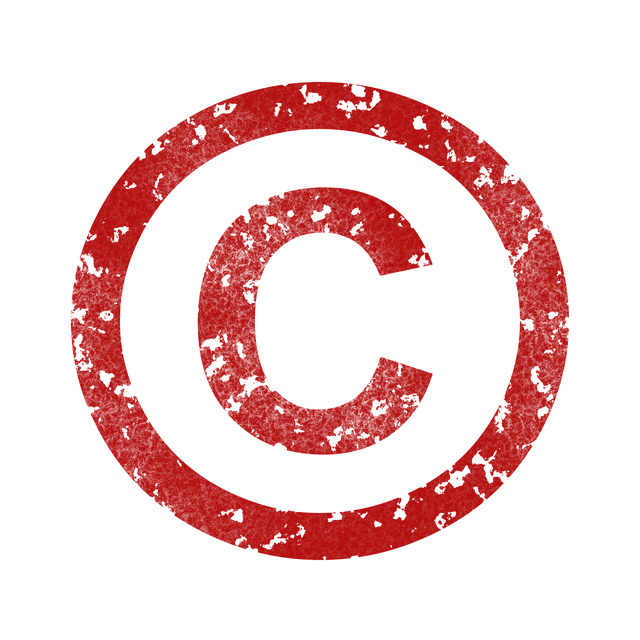Navigating rights, royalties and licensing after academic study
Completing a music business degree gives you frameworks and terminology for rights, royalties and licensing, but translating classroom knowledge into practical action takes planning. This article outlines how rights are defined, how royalties flow in different contexts, and how licensing, publishing and contracts intersect with careers in the music industry to help recent graduates move from study to practice.

Understanding rights in the music industry
Rights define who can use, reproduce, perform or adapt a musical work and are central to career decisions in music. Copyright typically covers composition (lyrics and melody) and sound recordings; these are distinct rights that may be owned by writers, performers, labels or publishers. After academic study, graduates should learn to read credit lines, split sheets and basic contracts so they can identify ownership shares. Practical familiarity with rights helps with negotiation, managing publishing splits, and ensuring that licensing opportunities are pursued with clarity about who has authority to grant permissions.
How do royalties work?
Royalties are payments made when music is used, sold or performed. There are several common royalty streams: mechanical (sales and reproductions), performance (broadcast, public performance), synchronization (music paired with visual media), and digital streaming revenues. Each stream is collected and distributed differently—often through collection societies, record labels, or digital service provider reporting—so understanding the flow is essential. Graduates should learn how to register works with relevant collection organizations, track usages, and interpret royalty statements to spot errors or missing income sources.
Basics of licensing and publishing
Publishing covers the administration of composition rights and the licensing of those rights for uses like covers, sync placements, and print. Publishers often represent writers to secure placements and collect income on their behalf, but independent administration options exist. Licensing negotiations hinge on scope (territory, duration, exclusivity), fee structure (upfront sync fee, royalties, or revenue share), and rights cleared (master vs composition). New professionals benefit from templates and checklists learned during internships or coursework to evaluate offers and protect songwriter interests during licensing discussions.
Streaming, promotion and marketing
Streaming is a dominant distribution model, yet its revenue mechanics differ from physical sales or downloads. Streaming platforms use either pro-rata or user-centric payout schemes, and metadata accuracy heavily affects payments. Promotion and marketing influence discoverability on playlists, algorithmic feeds, and social channels, which indirectly affect royalty volumes. Graduates should combine technical knowledge of streaming reports with marketing skills—playlist pitching, audience analytics, and campaign planning—to increase streams and ensure that rights and metadata are correctly aligned with distribution and reporting systems.
Touring, production and management
Touring and live performance generate performance royalties, merchandise income, and direct fan engagement—important complements to recorded income. Production credits and roles affect how income is split, and artist management agreements frame financial and operational responsibilities on the road. Understanding rider clauses, splits with session musicians, and live performance reporting helps recent graduates advise artists or manage tours responsibly. Skills in budgeting, contract basics, and coordinating with promoters or local services are practical extensions of academic study into career-ready practices.
Networking, internships and careers in the field
Building a professional network and securing internships remain critical steps after graduation. Internships provide exposure to publishing houses, labels, collection societies, and management firms, where students can see rights administration, licensing negotiations, and royalty accounting firsthand. Networking with peers, mentors, and industry professionals supports career development in roles such as publishing administrator, licensing coordinator, rights manager, or streaming analyst. Focus on accumulating verifiable experience, maintaining clear records of contributions, and learning standard industry documentation.
Conclusion
Moving from academic study to professional practice requires applying legal and commercial concepts—copyright, publishing, licensing, royalty streams—and pairing them with operational skills in promotion, touring and rights management. Graduates who prioritize accurate registrations, clear agreements, and practical experience through internships and networking are better positioned to manage rights effectively and to interpret royalty flows as they build careers in the music industry.




